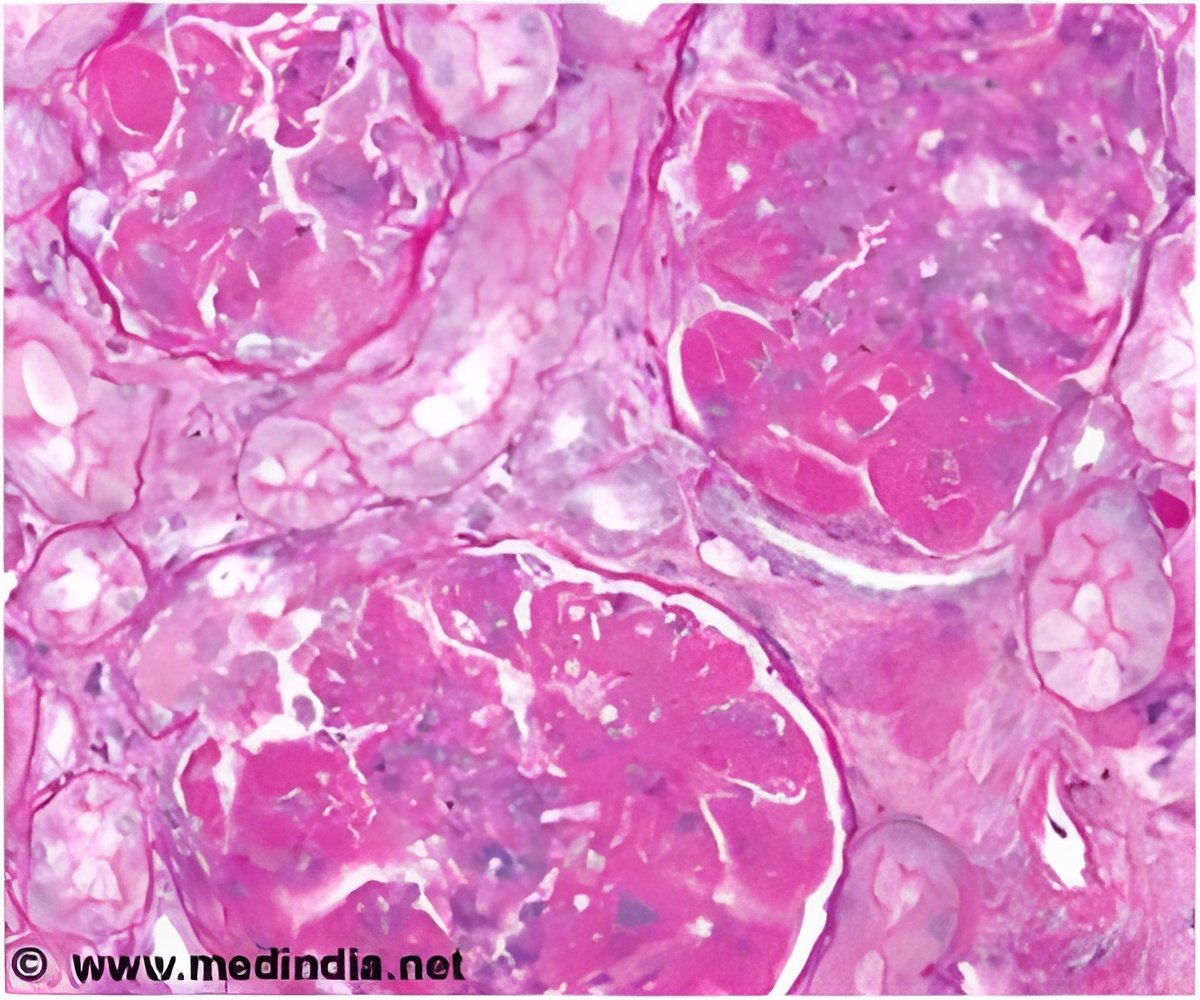
‘Proteins in urine are now found to be strong predictors of kidney function and renal disease such as lupus nephritis.’
Read More..Tweet it Now
"Among the proteins examined, urine plasmin emerged as the strongest independent predictor of kidney function and renal disease status," reports Mohan, Hugh Roy and Lillie Cranz Cullen Endowed Professor of biomedical engineering.Read More..
"Urine biomarkers represent promising candidates for the early diagnosis as well as the monitoring of disease activity and therapeutic responses in lupus nephritis." The discovery of the new biomarker for active LN opens the door for clinical monitoring of the disease.
Systemic lupus erythematosus (SLE) is an autoimmune disease that occurs when the body attacks its own tissues and organs. Inflammation from the disease can impact many different parts of the body including joints, skin, kidneys, blood cells, brain and heart. Lupus nephritis is one of the most frequent and severe clinical manifestations of SLE, representing a leading cause of morbidity and mortality.
New immunosuppressive drugs and biologics have brought improvements in recent SLE and LN survival rates, but early diagnosis and monitoring disease flares are still challenges that need to be addressed. Renal biopsy remains the gold standard for the diagnosis and prognosis of LN, but it's invasive and cannot be used for routine monitoring of disease activity and treatment responses. Because of this, several studies focusing on screening and identifying non-invasive biomarkers for the early diagnosis and monitoring of SLE and LN are emerging.
Because coagulation system disorders have been reported in SLE and lupus nephritis patients and the frequency of thrombotic events was documented to be higher in SLE patients than in the general population, Mohan's lab examined urinary proteins related to coagulation.
Advertisement
"When I first saw the presence of both I thought 'This can't be right, so let's look at this in more detail with more urine samples and better assays,'" said Mohan, who describes the presence of both proteins as "a raging war" within the kidneys. If one or the other predominates, he said, there are medicines that can regulate the clotting in balance, but when both processes are equally upregulated, balancing this biological process becomes clinically challenging.
Advertisement
Source-Eurekalert














